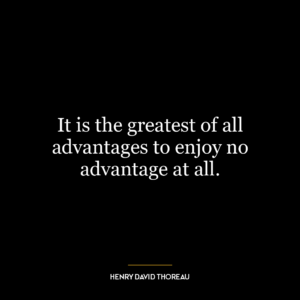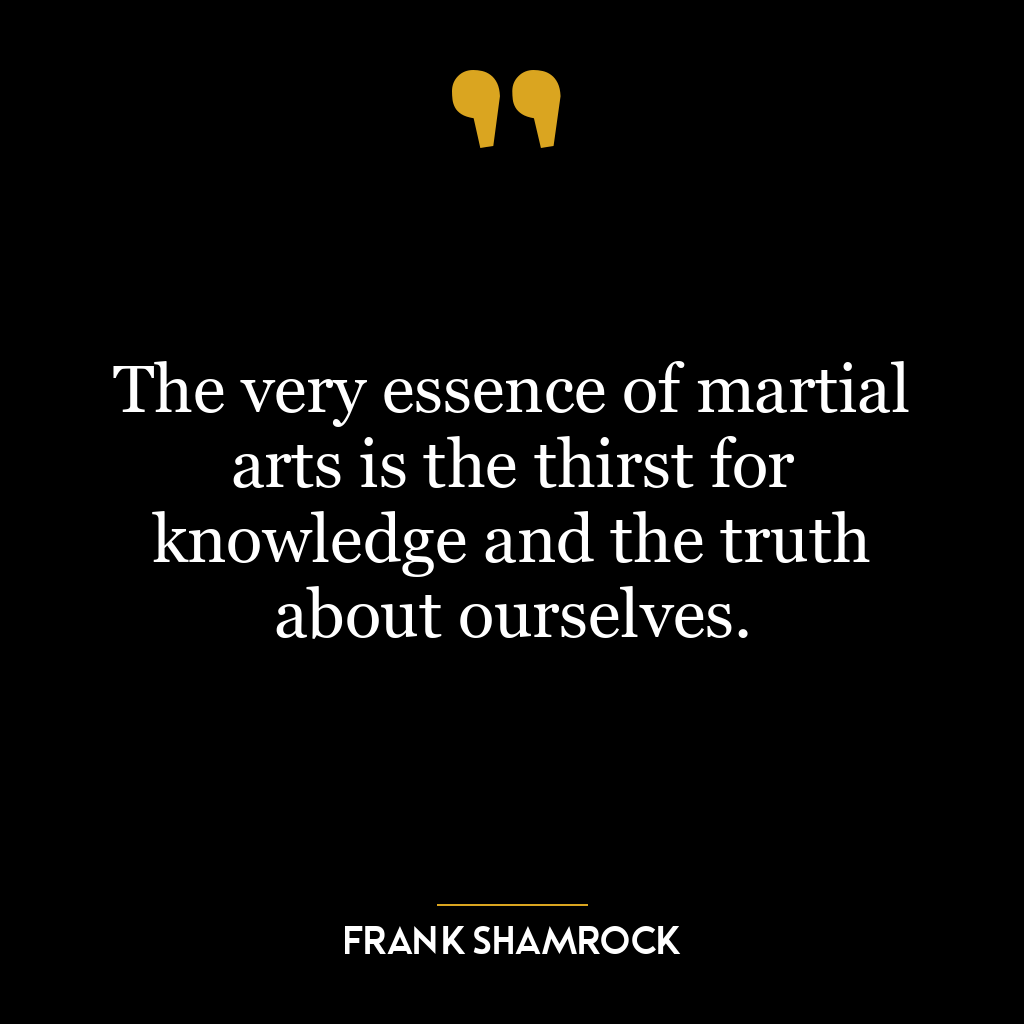This quote emphasizes the critical role that books play in our society. They are deemed as the "carriers of civilization" because they hold and pass on the knowledge, wisdom, and experiences of previous generations to the next. They are the repositories of human history, culture, science, art, philosophy, and countless other facets of civilization. Without books, our understanding of history would be "silent" – meaning it would be incomplete, fractured, or even nonexistent.
Books allow us to learn from the past, understand the present, and anticipate the future. They enable us to see the world through different perspectives, to walk in other people’s shoes, and to explore realms beyond our immediate experience. They cultivate empathy, critical thinking, and creativity. They challenge our assumptions, broaden our horizons, and foster a lifelong love of learning.
In today’s digital age, the form of books may have evolved, but their essence remains the same. E-books, audiobooks, and online articles continue to convey knowledge and ideas, to provoke thought and discussion, and to inspire change and progress. They continue to bridge the gap between different cultures, generations, and ideologies. They continue to shape our individual and collective identity.
In terms of personal development, this quote underscores the importance of reading for self-improvement and self-empowerment. Reading not only enhances our intellectual capacity but also enriches our emotional intelligence. It equips us with the skills and insights needed to navigate the complexities of life. It encourages us to question, to reflect, and to grow. It reminds us that we are part of a larger narrative, a continuum of human endeavor and achievement.
In conclusion, books are more than just a source of entertainment or a tool for education. They are the lifeblood of civilization, the heartbeat of humanity. They are a testament to our past, a mirror to our present, and a beacon to our future. They are, in the words of Thoreau, the "carriers of civilization." Without them, history is indeed "silent.









